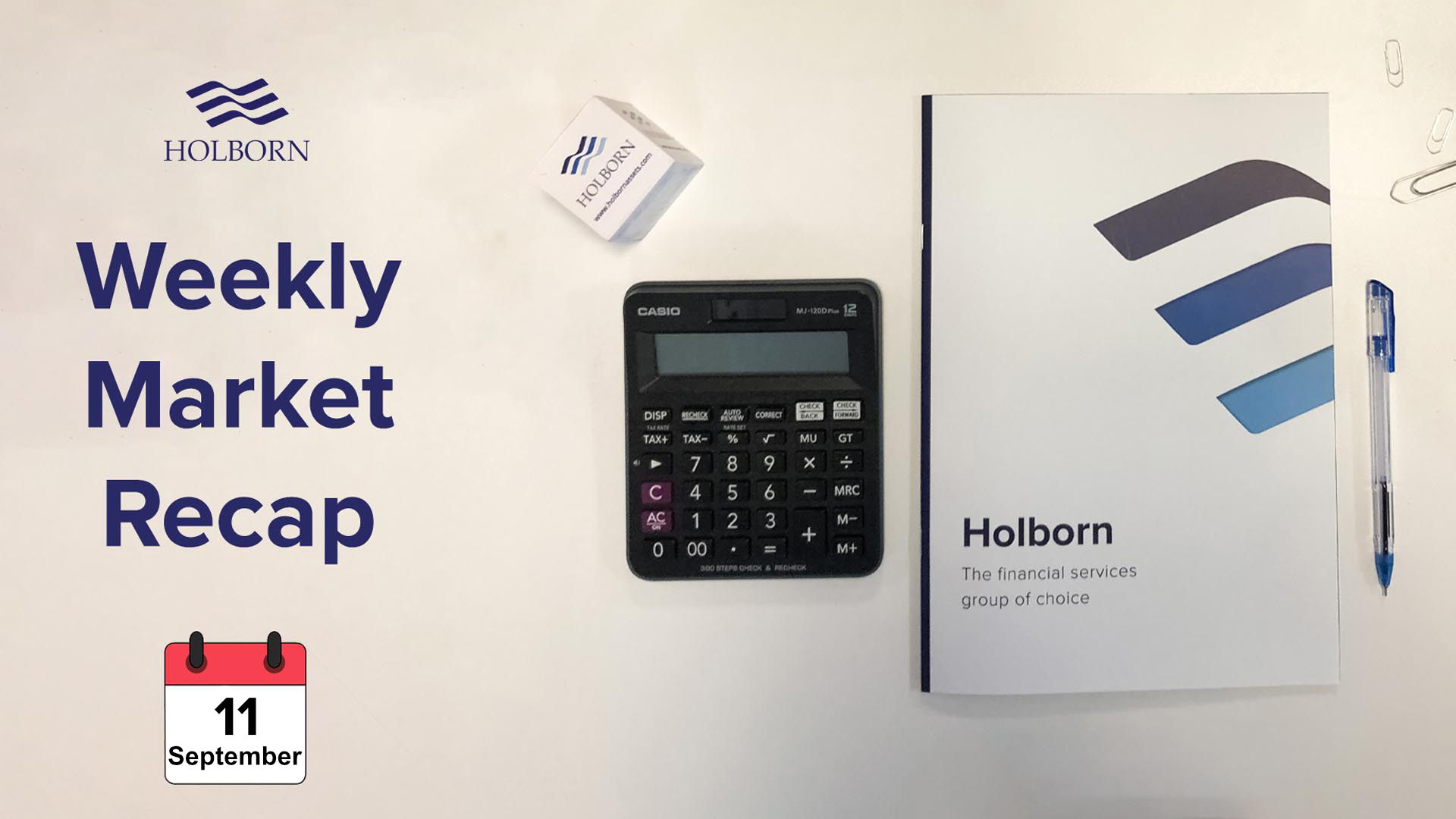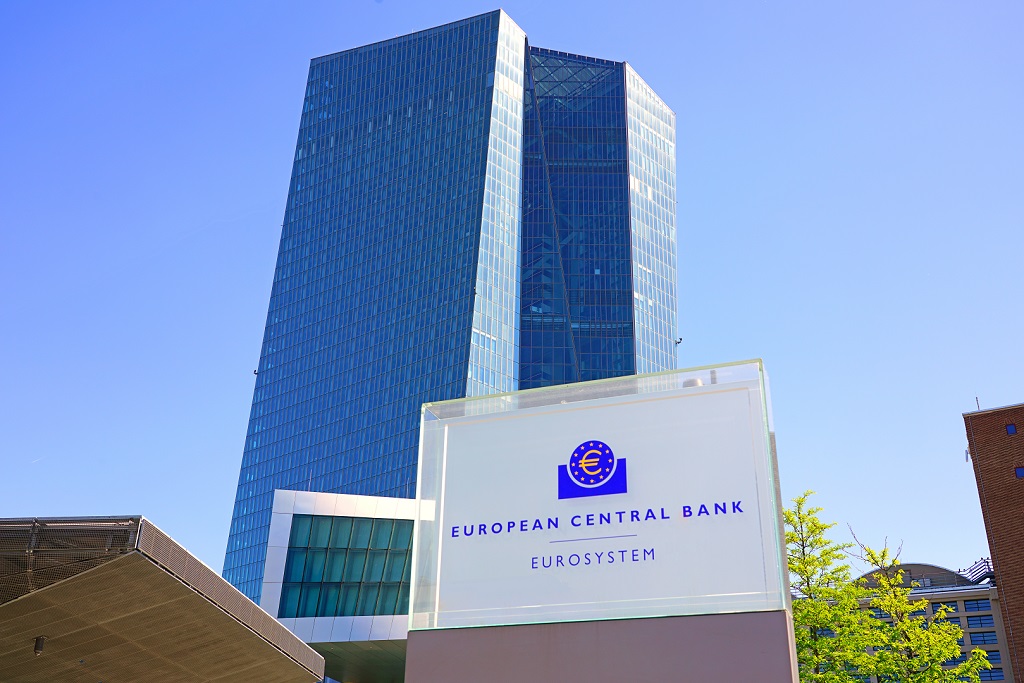
Holborn Market Recap 7-11 September 2020
Posted on: 11th September 2020 in
News
Good day, this is Holborn’s weekly market recap. Let’s take a look at this week’s news in finance.
Monday September 7th
News in finance: On Monday, the Chinese General Administration of Customs announced that the country’s trade balance narrowed to $58.93 billion in August, from US$62.33 billion in July. According to published data, exports surged by 9.5% from a year earlier, but imports dropped 2.1% compared with August 2019.
Tuesday September 8th

News in finance: On Tuesday, the Japanese government published its quarterly Gross Domestic Product (GDP) report. The report showed that the Japanese GDP shrank 7.9% in the second quarter of 2020 (Q2 2020), on a quarterly basis. On an annualised basis, the country’s economy shrank 28.1% during the April-June period, marking the worst quarter for Japan’s economy since the end of World War II.
In eurozone’s financial updates, Eurostat announced that the euro bloc’s GDP shrank by 11.8%, on a quarter-to-quarter basis, in the second quarter of the year. The GDP of the whole European Union decreased by 11.4% in Q2 2020 which is the sharpest decline recorded since 1995.
Wednesday September 9th
News in finance: On Wednesday, the National Bureau of Statistics in China released its Consumer Price Index (CPI) monthly report. According to the report, China’s inflation came in at 2.4% in August, on a year-to-year basis. The figure was in line with economists’ forecast.
The Bank of Canada (BoC) decided to keep its benchmark interest rate unchanged at 0.25% as market analysts had been expecting. The BoC’s governing board noted that the Bank would continue its quantitative easing (QE) programme, with large-scale asset purchases of at least $5 billion per week of Government of Canada bonds.
Thursday September 10th

News in finance: In eurozone’s financial updates, the European Central Bank (ECB) announced that it would keep its interest rates and the coronavirus-stimulus programme unchanged. The ECB’s president Christine Lagarde said in a press conference that “the Governing Council discussed the appreciation of the euro, but as you know we don’t target the exchange rate.”
The single currency’s value was boosted when Lagarde noted that the incoming data showed a strong rebound in economic activity since the last monetary policy meeting at the beginning of August.
Friday September 11th
News in finance: On Friday, the Office for National Statistics (ONS) released data regarding the UK’s economy for July. According to the ONS, the UK’s GDP grew by 6.6% in July, on a month-to-month basis. The UK economy has recovered almost half the output lost during the pandemic.
The Chancellor of the Exchequer Rishi Sunak welcomed the positive figures. However, economists at KPMG noted in their report that “the risk of a second wave of infections in the autumn could derail the nascent recovery and put the economy into a lower gear.”
In the US, the Department of Labour Statistics announced that the country’s inflation stood at 1.3%, on an annualised basis, in August. Economists polled by Reuters had forecast the CPI rising 0.3% in August and climbing 1.2% on a year-to-year basis.
From all of us at Holborn Assets have a lovely weekend!




















